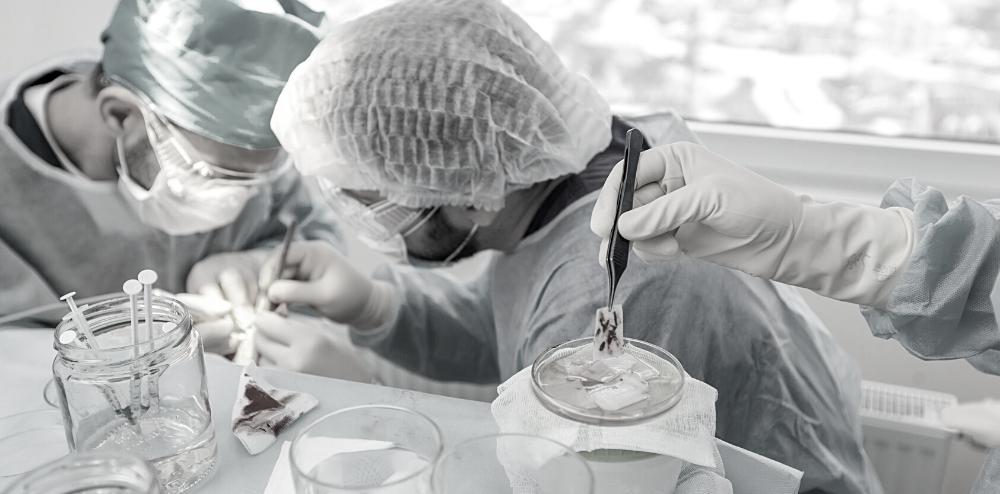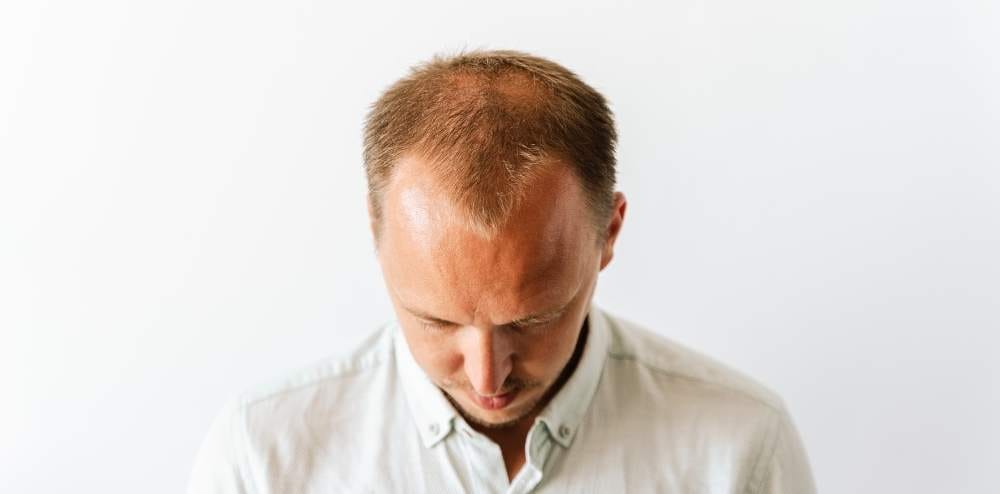Hair is an integral part of our physical appearance and can play a significant role in how we perceive ourselves and are perceived by others. For many people, hair loss can be a source of immense insecurity and low self-esteem. It’s not just about losing a few strands on the head but the loss of a significant part of one’s identity and confidence. This is where hair transplant surgery comes in, offering a solution to hair loss and helping people regain their confidence and self-esteem.
In this blog post, we’ll delve into the impact of hair transplants on self-esteem and confidence and explore the psychological and emotional benefits of hair restoration surgery. We’ll also touch upon the hair transplant procedure, the different techniques available, and what you can expect from the procedure.
Hair Loss and Its Psychological Impact
Hair loss affects millions of people worldwide, with both men and women being susceptible to it. It’s a natural part of the aging process, but it can also be a result of genetics, medical conditions, or lifestyle factors such as stress, diet, and hormonal imbalances. Hair loss can be distressing, affecting a person’s self-esteem and confidence.
Studies have shown that hair loss can have a significant impact on a person’s emotional well-being. People with hair loss often feel self-conscious, embarrassed, and ashamed of their appearance. They may avoid social situations and activities they once enjoyed, feeling as though they are being judged by others. This can lead to feelings of isolation, anxiety, and depression.
The Emotional Benefits of Hair Transplants
Hair transplant surgery has become increasingly popular in recent years, with many people opting for the procedure to restore their hair and boost their confidence. The procedure involves transplanting hair follicles from one part of the scalp to the bald or thinning areas. The transplanted hair grows naturally and is permanent, giving people a fuller, thicker head of hair.
One of the biggest emotional benefits of hair transplants is the boost in self-esteem and confidence. People who have undergone the procedure report feeling more attractive and attractive, and no longer feel self-conscious about their appearance. They feel more comfortable in social situations and are able to engage in activities they once avoided. They feel more confident, with a renewed sense of self-assurance and a positive outlook on life.
Another emotional benefit of hair transplants is improved self-image. People who have undergone the procedure often feel as though they have a more youthful and attractive appearance, which can lead to an overall improvement in their self-image. This can be especially beneficial for people who have experienced hair loss at a young age and have struggled with negative self-image and confidence issues for a significant period of their life.
The Psychological Benefits of Hair Transplants
In addition to the emotional benefits, hair transplants can also have a positive impact on a person’s mental health and well-being. The procedure can help alleviate feelings of anxiety, depression, and stress, which are often associated with hair loss. People who have undergone the procedure report feeling more relaxed, happy, and confident, with a sense of liberation from the emotional burden of hair loss.
Hair transplants can also help people feel more secure and comfortable in their own skin. They no longer feel as though they are being judged based on their appearance, which can lead to increased feelings of self-worth and a more positive self-image. This can have a profound impact on a person’s emotional well-being and overall quality of life.
The Hair Transplant Procedure
Hair transplant surgery is a relatively simple and straightforward procedure, performed under local anesthesia. The procedure involves removing hair follicles from the donor area, typically the back of the scalp, and transplanting them to the bald or thinning areas. There are two main techniques used in hair transplant surgery – Follicular Unit Transplantation (FUT) and Follicular Unit Extraction (FUE).
In FUT, a strip of hair is removed from the donor area, and the hair follicles are then dissected and transplanted to the recipient area. This technique is often more suitable for people with larger areas of hair loss.
FUE, on the other hand, involves removing individual hair follicles from the donor area and transplanting them to the recipient area. This technique is more suitable for people with smaller areas of hair loss and is less invasive, with no linear scarring.
Both techniques offer excellent results, and the choice between the two depends on a person’s individual needs and hair loss pattern. During the procedure, the transplanted hair follicles will continue to grow naturally, providing a permanent solution to hair loss.
The Recovery Process
After the procedure, the transplanted area may be slightly swollen and sore, but these symptoms are typically mild and can be managed with over-the-counter pain medication. Most people return to work and normal activities within a few days of the procedure, although it’s essential to avoid strenuous activity and exposure to the sun for a few weeks.
The transplanted hair will start to fall out after 2-3 weeks, but this is a natural part of the hair transplant process. New hair growth will start to emerge after 3-4 months, and the full results of the procedure will be visible after 12-18 months.
Final Thoughts
In conclusion, hair transplants can have a significant impact on self-esteem and confidence, providing a permanent solution to hair loss and helping people regain their sense of self and emotional well-being. The procedure is relatively simple and straightforward, with minimal downtime and excellent results. If you’re considering a hair transplant, it’s important to choose an experienced and qualified surgeon who will work with you to achieve your goals and help you regain your confidence and self-esteem.



